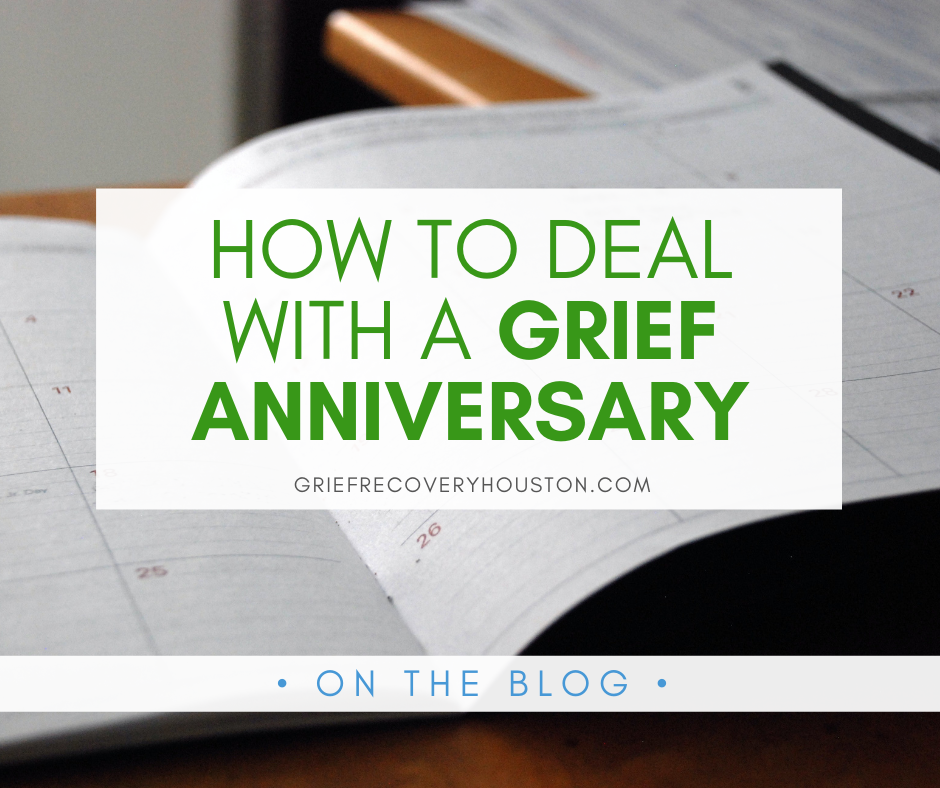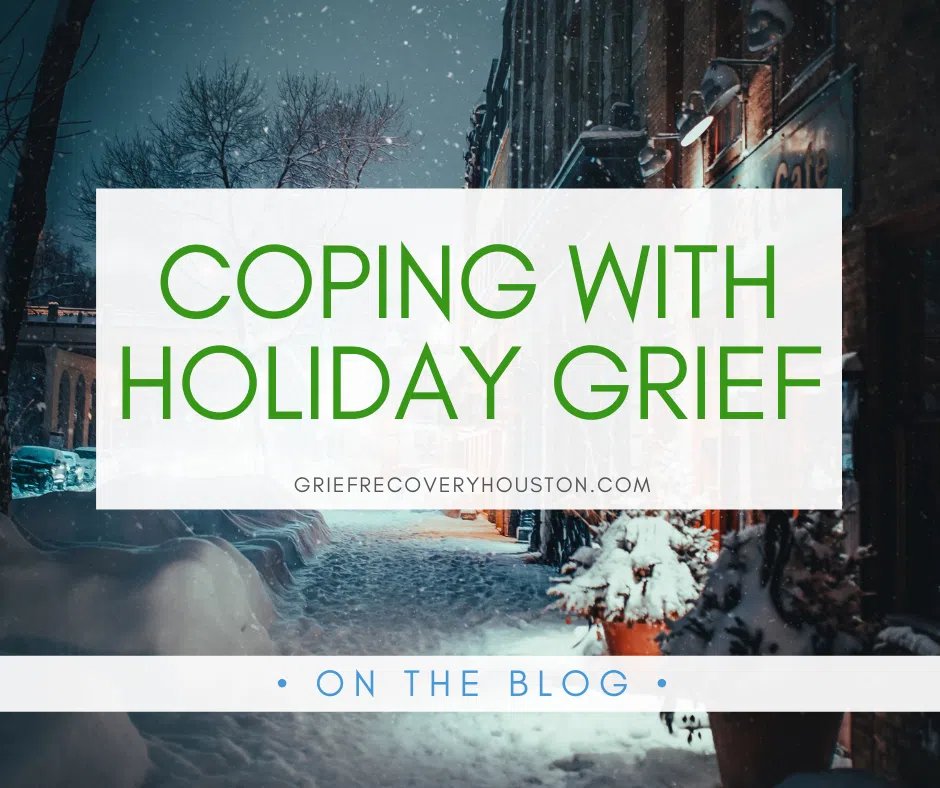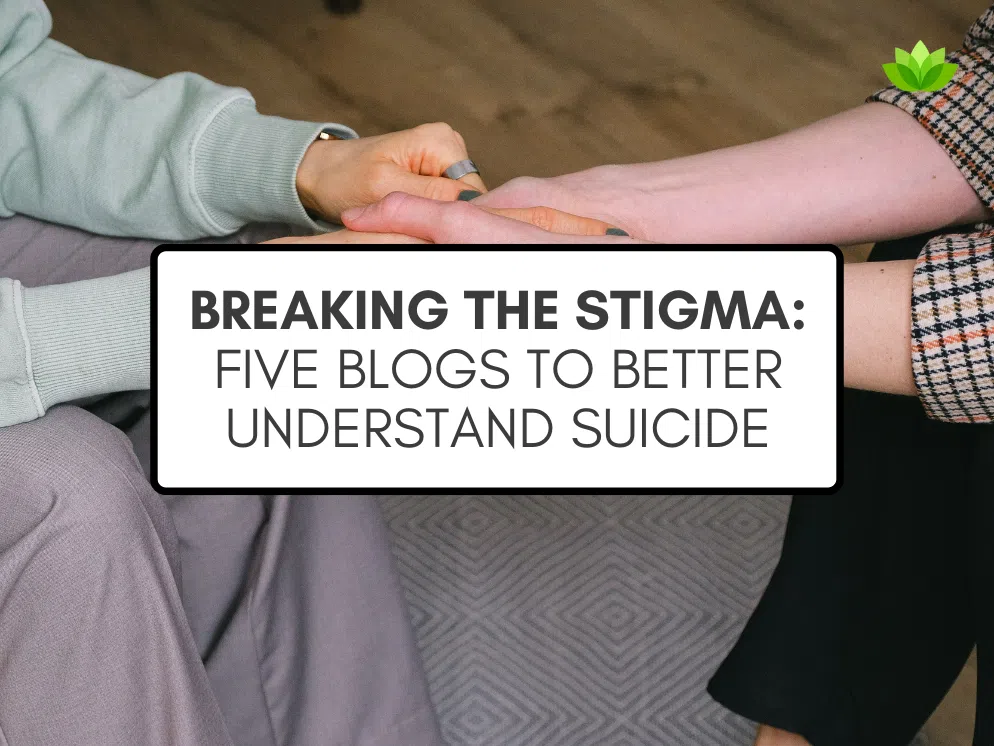- Unpacking Grief and Disability - July 8, 2024
- Breaking the Stigma: 5 Blogs to Better Understand Suicide - May 21, 2024
- 4 Tips for Better Sleep Hygiene - March 4, 2024
 Being freshly bereaved is an overwhelming experience. Any fresh emotion is hard to cope with, because when emotions are fresh they tend to be more intense. We naturally try to avoid situations where we experience high distress, but grief is something that we can’t always avoid. We all experience it, in varying ways throughout life. People grieve for all kinds of reasons, including divorce, moving, pet loss, death, prolonged illness, financial changes, changing relationships, or trauma. Any way it comes, fresh grief is hard to deal with, and gentle self-care can help.
Being freshly bereaved is an overwhelming experience. Any fresh emotion is hard to cope with, because when emotions are fresh they tend to be more intense. We naturally try to avoid situations where we experience high distress, but grief is something that we can’t always avoid. We all experience it, in varying ways throughout life. People grieve for all kinds of reasons, including divorce, moving, pet loss, death, prolonged illness, financial changes, changing relationships, or trauma. Any way it comes, fresh grief is hard to deal with, and gentle self-care can help.
There’s a misconception out there that we outgrow grief. Grief isn’t something that ever fully goes away. If you’ve experienced grief in the past you are probably familiar with this. Instead of outgrowing the sense of grief, everything else expands to surround the grief. The grief stays the same size, but we find other ways to cope and bring joy into our lives even with the grief there.
When you’re in the deep waters of fresh grief, you might feel like you’ll never stop feeling this way. You might feel like you’ll never feel compelled to take care of yourself again, because your mind is on other things. However, know that these emotions will not always be this intense. Grief is a process, and it takes time to find ways to make room for grief in your new life.
Recommended Reading: 5 Ways to Deal With the Grief of New Beginnings

If you’ve experienced a recent loss or sudden change that is bringing up feelings of grief, you might be wondering what you can do to soothe yourself during this time.
Here are 8 ways to practice gentle self-care for fresh grief:
Get a ton of rest
Grief is hard work, and you might experience exhaustion or intense fatigue while grieving. It’s always okay to rest, but rest is especially important during times of grief. Some people experience insomnia while grieving, so it can be extra helpful to pay attention to your sleep routine if you find yourself struggling to get adequate rest. Try sleeping with white noise on, buying blackout curtains, and sticking to a sleep schedule even on the weekends.
to rest, but rest is especially important during times of grief. Some people experience insomnia while grieving, so it can be extra helpful to pay attention to your sleep routine if you find yourself struggling to get adequate rest. Try sleeping with white noise on, buying blackout curtains, and sticking to a sleep schedule even on the weekends.
Check in on your health
Now is not the time to disregard your physical health. Grief is a major source of stress, and stress can put the body at higher risk for all kinds of physical illness. As you move through your grief, make sure to touch base with a trusted healthcare provider at some point. If you’re experiencing complicated grief, they can help you find resources to get a higher level of grief support.
Practice bite sized self care
It may be hard to motivate yourself to practice major self-care while you’re grieving. In that case, try to break it down into the smallest chunks possible. Even the smallest things can go a long way toward making yourself feel better, like brushing your teeth or fluffing your pillows. If you’re not sure where to even start, stick with basic hygiene habits like taking a shower or brushing your hair. Make it as easy for yourself as possible. Carry a giant water bottle to stay hydrated. Keep single use toothbrushes in your nightstand for times when you can’t get out of bed. Cleansing wipes and dry shampoo can be helpful, quick fixes for cleaning up in bed or in a hurry.
Delegate asking for help
It’s hard when you’re grieving and people say “Let me know if there’s anything I can do.” That puts the responsibility back on the grieving person to say what they need, instead of taking a burden off of their plate. If you’re experiencing a lot of overwhelm or burnout from people asking how to help, see if you can ask a point person to step in. Maybe a close friend or relative can field those requests for you so you can spend less time figuring out how people can pitch in. Most people want to help, but they don’t know how to offer it.
Actually accept help when it’s offered
Also, it’s okay to accept help when it’s offered to you. In our culture, we place a lot of importance on individuality, and it can seem like a sign of weakness to accept help. However, humans are social creatures. We are wired to be connected to other humans. Community care and support have long been a cornerstone of healing for cultures around the globe. It’s okay to rely on your support system right now – that’s what it’s there for.

Embrace physical touch
Physical touch can be especially comforting in times of grief. If you’re comfortable with it, ask friends and loved ones for a hug or to hold hands for a bit. Another way to get more physical touch in during times of grief is to sign up for a massage or another healing modality. Not only will you experience physical touch, but you’ll get a chance to relax your body during a time of high stress, which can often cause muscle soreness or tenderness.
Adjust your expectations for yourself
Grief is a total game changer, and you may find yourself having a hard time following your old routines and obligations. Adjust the expectations you have for yourself. You’re not going to be operating at 100% for a while. It’s okay to be slower to get back to people, to take the time you need to rest, and to say no or set boundaries.
Don’t feel the need to apologize
Lots of times when we’re not feeling our best we feel the need to apologize. However, there is no need to  constantly apologize for your grieving state of mind. It’s still important to treat people well, of course, but don’t feel the need to say sorry every time you’re overwhelmed or emotional as you grieve. Remember, you can’t control what other people think about you, but you can control the way you react to it. Trust that the people around you will understand that you’re going through an intense emotional experience and adjust their expectations accordingly.
constantly apologize for your grieving state of mind. It’s still important to treat people well, of course, but don’t feel the need to say sorry every time you’re overwhelmed or emotional as you grieve. Remember, you can’t control what other people think about you, but you can control the way you react to it. Trust that the people around you will understand that you’re going through an intense emotional experience and adjust their expectations accordingly.
If you’re experiencing fresh grief right now, and you’re looking for more ways to cope, grief therapy can be a helpful space to process your feelings and make space in your life for your grief. If you’re interested in grief therapy, get in touch today to be matched with one of our Houston grief specialists.






No comments yet.